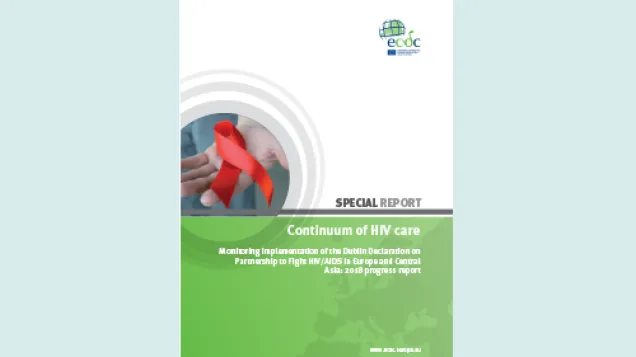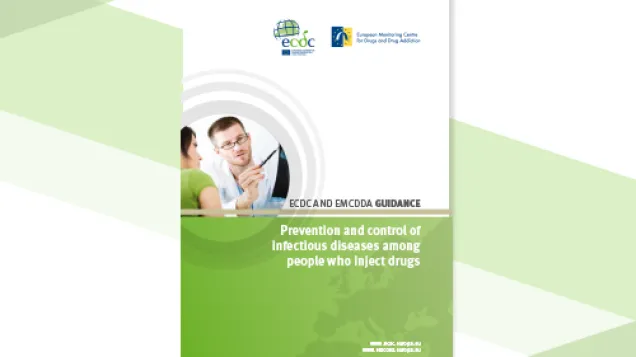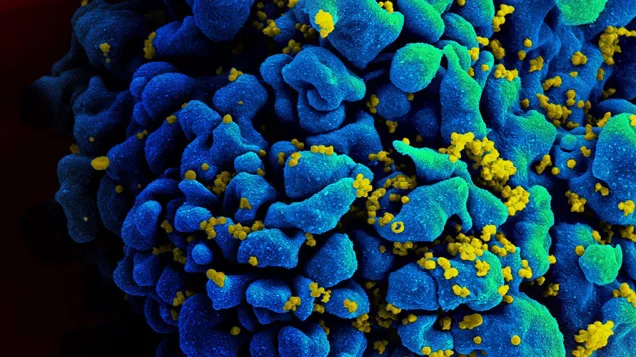HIV and people who inject drugs - Monitoring implementation of the Dublin Declaration on partnership to fight HIV/AIDS in Europe and Central Asia: 2018 progress report
Executive Summary
This report presents the situation among people who inject drugs (PWID), a key group affected by HIV in the World Health Organization’s European Region based on data collected through an ECDC survey in 2018 to monitor the implementation of the 2004 Dublin Declaration. The survey contained specific questions in relation to the HIV epidemic among PWID and on current national prevention interventions, policies and barriers to the public health response to the epidemic.
The report presents aggregated data on the progress and challenges of the continuum of HIV care for PWID in Europe and Central Asia, measures to prevent HIV acquisition and transmission and outlines priority options for action in order to strengthen prevention programmes for PWID and improve surveillance, research and data collection in this area.
Injecting drug use is a significant mode of HIV transmission in the European Region: HIV and other blood borne viruses can be transmitted through the sharing of injecting equipment including needles, syringes and other paraphernalia.
HIV and people who inject drugs - Monitoring implementation of the Dublin Declaration on partnership to fight HIV/AIDS in Europe and Central Asia: 2018 progress report
English (1.8 MB - PDF)More on the topic
See all reports on monitoring the implementation of the Dublin Declaration
Share this page



